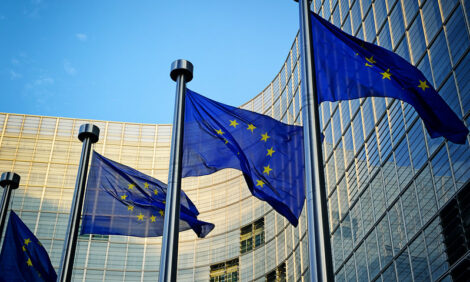



Pork Prices Rose 46 Per Cent Last Month
CHINA - The price of pork rose 46 per cent in August, following an increase of nearly 57 per cent in July.In line with market expectation, China's inflation retreated from a 37-month high in August as the government's cooling measures gradually showed results and the carry-over effects quickly faded, according to the Ministry of Commerce.
The consumer price index (CPI), a main gauge of inflation, slowed to 6.2 per cent in August, the National Bureau of Statistics (NBS) announced today (16 September), down from 6.5 per cent in July. The producer price index rose 7.3 per cent, slightly lower than a 7.5 per cent jump in July.
Though August CPI figure edged down, analysts cautioned that the overall inflation picture allows no optimism as a series of complex factors will decide that China's inflation pressure still remains high amid global economy's uncertainties.
Experts believed that it is not time for the government to loosen its relatively tight monetary policy right now since the turning point may not have come yet.
Food prices driving CPI up
The NBS said food prices, which accounted for about 30 per cent of the basket of goods used to calculate the inflation rate, rose 13.4 per cent in August. Prices of 18 types of vegetables inched up 1.5 per cent last week, according to data from the Ministry of Commerce. The growth rate was 4.6 percentage points lower than one week earlier, indicating that food prices are stabilising.
The price of pork, a staple food for most Chinese, soared by 45.5 per cent in August, compared to an increase of nearly 57 per cent in July.
The underlying reason behind the soaring food prices is the weak foundation of China's farming sector, as more than half of the total population produces an agricultural output taking up less than ten percent of the nation's GDP, Yao told a forum during the 15th China International Fair for Investment and Trade (CIFIT).
An imbalance remains between the country's pork supply and demand, said Wang Jun, an analyst with the China Center for International Economic Exchanges, adding that autumn and winter are usually the pork consumption peak season, with a rise in pork prices likely to push up the prices of other foods.
To check price rises, the government has increased investment to boost live pig supplies and has released more pork reserves onto the market.








